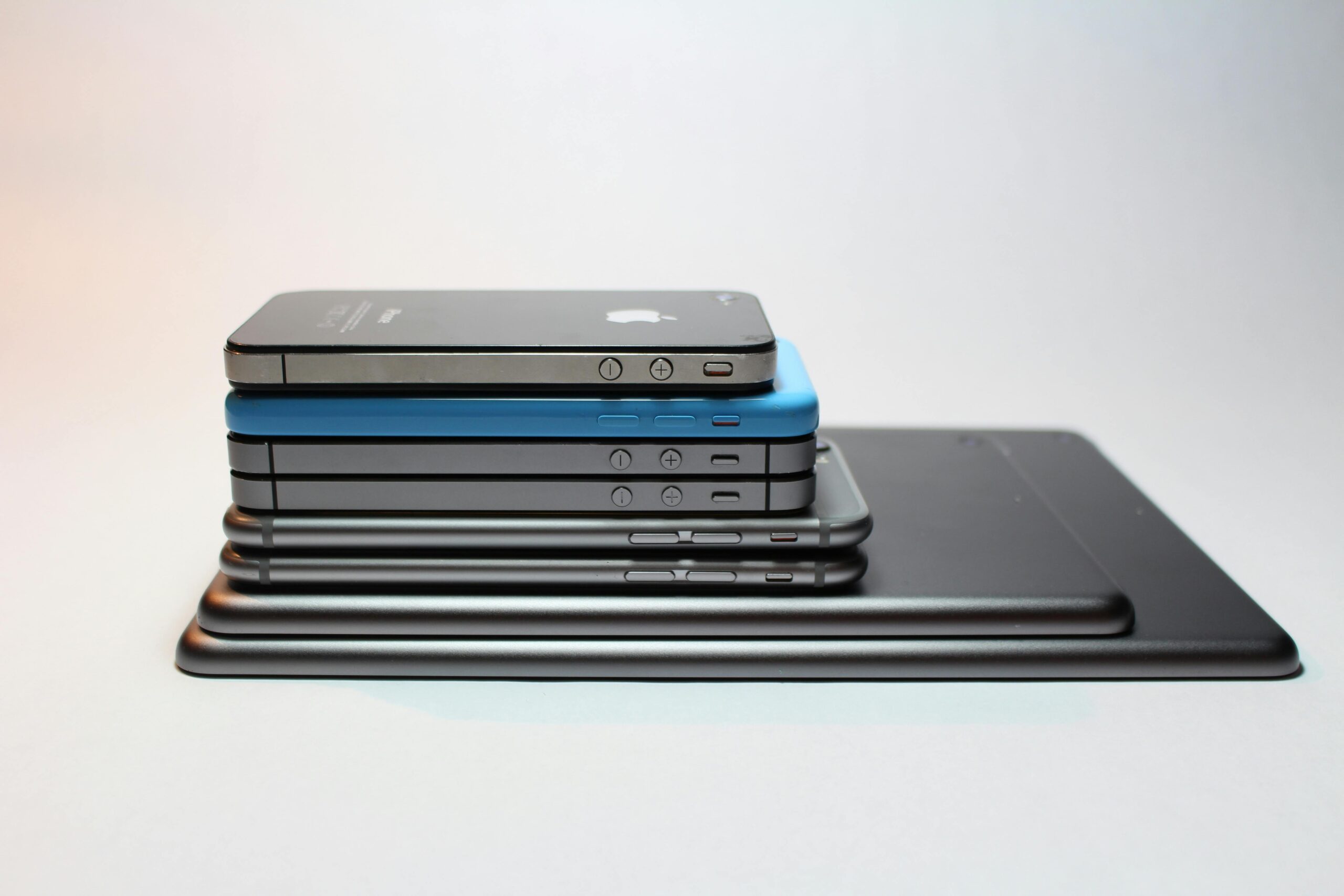ANGER IS BEING DEVELOPED, OWNED, AND EXPRESSED LIKE NEVER BEFORE.
Parents are giving their children smartphones in an increasingly social-media driven world for various reasons, including entertainment, tracking their location, and staying in touch when they leave home.
“The Youth Mind — Rising Aggression and Anger, claims that children are given earlier ownership of smartphones are more likely to experience negative impacts on their well-being and schooling. This study was conducted in both the US and India. Those who are provided smartphones at an appropriate age are reported to have better mental well-being. In contrast, children given smartphones at an early age are more prone to developing suicidal thoughts aggression, hallucinations, and a sense of detachment from society.
ARE SMARTPHONES REALLY MAKING US ANGRY?:
Yes, smartphones are making us angry. The way we are addicted to them — from morning snaps to good night messages — makes it difficult to imagine a moment without them. This severe addiction to smartphone usage is associated with anxiety and anger. Smartphones have undoubtedly made our lives easier, but the addiction is leading to deteriorating mental health and relationships.
We all know that young parents are trying to raise their children in a manner where they don’t have to face the struggles they themselves experienced during childhood. They want to provide their children with everything, including the latest gadgets, which they can afford for their children, costing them their mental well-being and overall development.
Such reports are unsurprising because parents witness variations in their kids moods. From eating alongside Peppa Pig videos as babies to skipping meals after school due to social media scrolling, online engagement as precedence. Family, friends, and values have all taken a back seat as children are now caught in the vortex of compulsive overuse.
This generation’s reduce attention span — barely holding focus beyond a 30-second reel — makes them less aware of their surroundings and more easily distracted. As a result, parents find it challenging to communicate and address their children’s behavior effectively.
When parents try to be strict, children often become angry. We know that anger is not a futile emotion — it can destroy relationships. Early smartphone access contributes to anger development in children, which also affects their cognitive growth. If children devote all their time to the internet, they develop a detailed neutral framework for it while neglecting essential activities such as learning delayed gratification, frustration tolerance, face-to-face social interaction, and understanding the mind-body connection.
RAGE IN TODDLERS VS TEENAGERS:
When a five-year old throws a tantrum, it may seem cute, but frequent episodes indicate that things are spiraling out of control. During meltdowns, children pose risks not only to themselves but also to parents and siblings. They express distress by screaming, throwing things, hitting or biting, while others clench their fists so tightly that it becomes challenging to calm them down.
To make life easier for children, parents must avoid giving them smartphones. Instead, they should find alternative coping mechanisms that contribute to cognitive development. Activities such as introducing new art forms, playing with playdough, engaging in peek-a-boo games, or outdoor play can shift their interest away from cartoons on smartphones.
Teenagers are more active on social media than toddlers. Excessive internet use negatively affects their cognitive development, impacting academic performance and reducing participation in extracurricular activities. When parents take the bold step of confiscating phones, teenagers often respond differently, making it difficult for parents to communicate. They may isolate themselves in their rooms and experience aggression, strange thoughts, detachment from reality, and even hallucinations.
At times, teenagers may act violently. How smartphones have led some students to prioritize devices over basic human values.
THE ROLE OF COVID-19:
Smartphones were introduced in 2008, but issues among school-going children worsened significantly after the onset of COVID-19. Before 2019, only a small number of families allowed children under 18 to have personal smartphones.
However, the pandemic shifted education from interactive classroom sessions to online Zoom classes. With parents busy working from home, they provided smartphones to their children for seamless participation in online classes. These classes, which lasted seven to eight hours daily, often led children to mute their videos and audios, spending time chatting with friends instead of attending lessons. The social interactions once limited to classrooms shifted to WhatsApp groups, causing children to miss two years of real-time education and lose essential social skills. The kids have no access to real world and people. The only social interaction they mastered was through social media.
GENDER AND MENTAL HELATH IMPACTS:
The study also highlights that females are more likely to be depressed due to social media exposure compared to males. In the study, 65 percent of females reported feeling distressed. The digital world showcases a blend of red and fake content. Females often feel pressured to adhere to societal beauty standards and emulate influencers. When they fail to meet these unrealistic expectations, they tend to blame themselves.
Even those who embrace their unique style may feel depressed when the social community fails to appreciate them.
WHAT CAN BE DONE?
It is high time we acknowledge that social media impacts mental health, leading to sleep deprivation, anxiety, and depression. Parents can implement small social experiments at home to manage their children’s s screen time. For example:
- Establish rules for a screen-free hour before bedtime.
- Collect all personal devices at night to reduce their accessibility.
- Encourage children to use social media responsibly on home computers or laptops.
- Parents should lead by example and minimize their own social media usage in front of children.
While it may not be practical to eliminate smartphones or social media altogether, individuals can make mindful decisions about how they choose to engage with these platforms.





